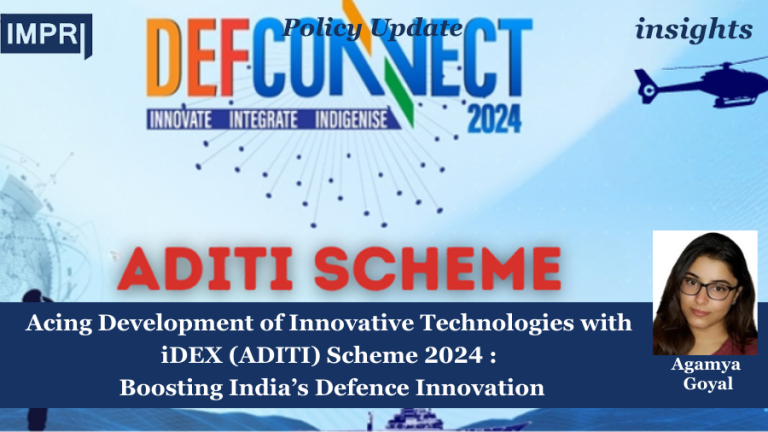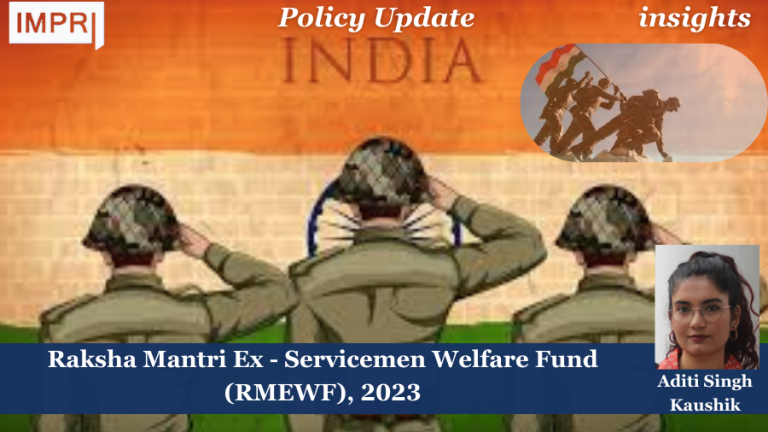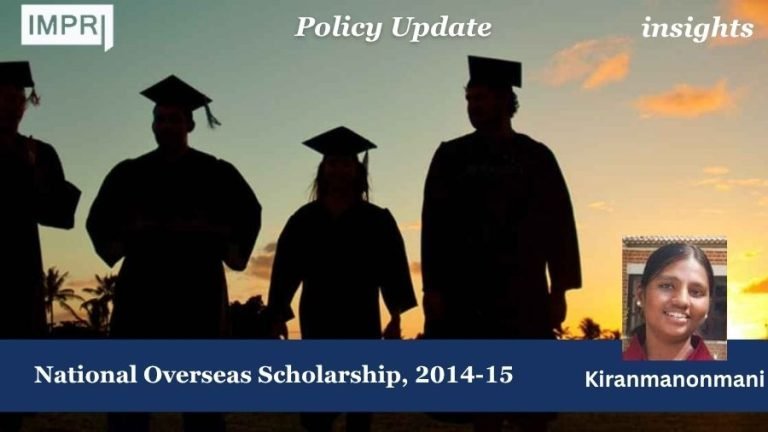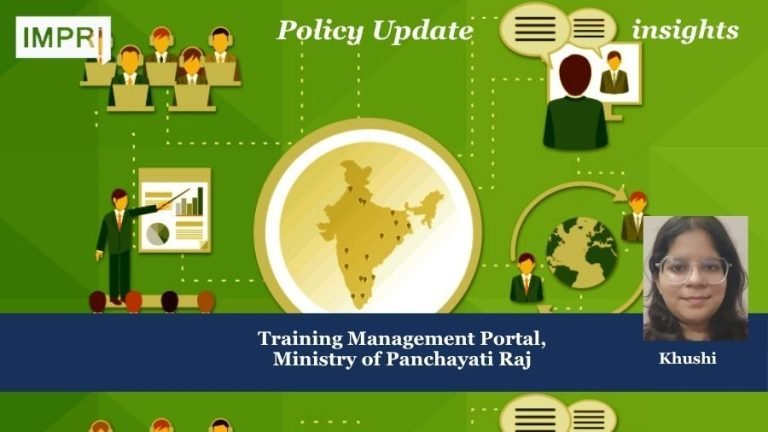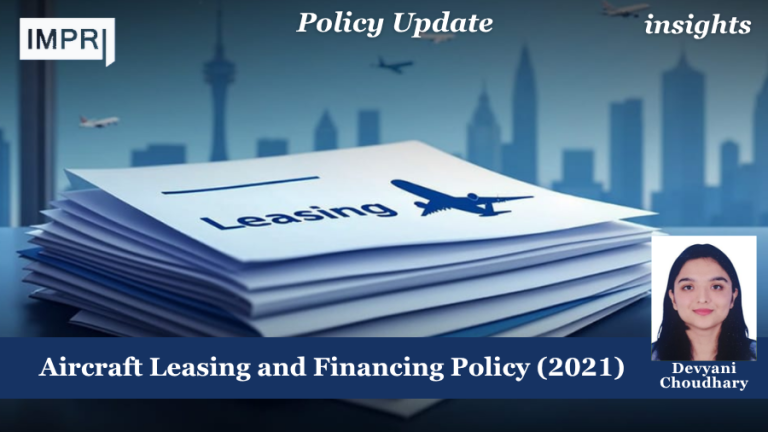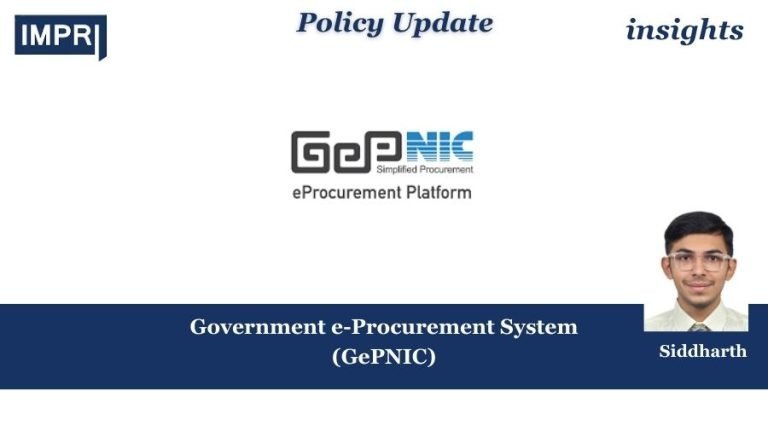
Government e-Procurement System (GePNIC)
The Government e-Procurement System of the National Informatics Centre (GePNIC) is one of India’s flagship digital governance projects under the National e-Governance Plan. Built by the National Informatics Centre (NIC) under the Ministry of Electronics and Information Technology, it was designed to replace cumbersome, paper-heavy procurement processes with a fully digital system. The goal was simple but ambitious : make government procurement faster, fairer, and more transparent.

